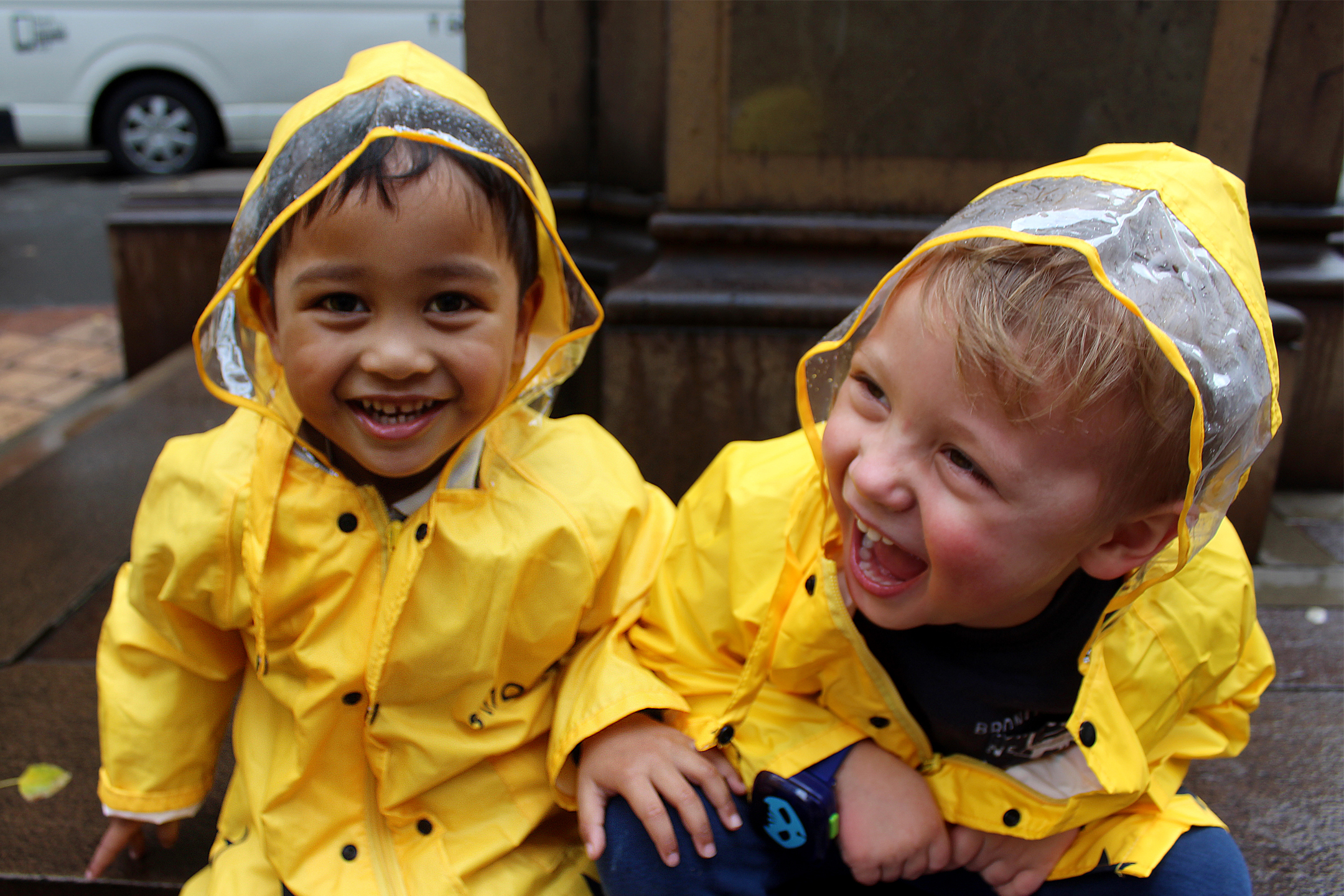
14 Sep Starting School: Things parents can do to help prepare their child
“Is my child ready for school?”
It’s a question many parents ask as their child reaches the age of four or five.
The first five years of a child’s life is crucial in the development of their social and emotional skills, as well as their communication, language, cognitive and motor skills. All of these skills, in particular social and emotional development, are crucial for a child when starting primary school.
The Guardian Childcare and Education curriculum has a strong focus on the development of these abilities, encouraged through real-world learning experiences and play.
Specifically, Guardian’s Preschool and kindergarten programs are designed by leading early education experts who know how to foster a child’s development and independence in the lead up to primary school. But there is also a significant role for parents to play in this preparation.
There are, in fact, many simple things parents and caregivers can do on a daily basis to help children develop a healthy level of social and emotional literacy in the lead up to formal schooling.
- Nurture your child and show affection. While the type of affection and way to nurture a child varies between individuals, it is important that you provide children with a certain level of attention and affection. This helps build their confidence and their ability to be separated from you, as they know you will always be there.
- Provide your child with the opportunity to be independent and learn new skills. ‘Independence’ looks different at different ages. For a preschooler, this might look them dressing themselves, brushing their teeth and combing their hair. Even seemingly simple activities like putting on their shoes and socks by themselves increase their independence and boost their self-esteem. Just stay within arms reach to help is needed.
- Give your child ‘unhurried time’: This might mean interrupting your schedule a little, but giving your child the gift of time to do some simple tasks for themselves helps in the development of new skills and abilities which feeds their confidence.
- Lead by example: When it comes to teaching your child how to take turns, to listen, and to resolve conflicts calmly, follow the key rule of show don’t tell. Children learn more through watching adults around them, than they do by just being told.
Lastly, remember that children develop according to their own unique timeline, and there is no one rule that applies when deciding if they are ready for school.
Speak to your child’s teachers and educators about any concerns you may have. They see children heading off to primary school every year and are experts at gauging whether a child has developed competency in the right areas to set them up for success at school.
After speaking to your childcare provider, should you decide to keep your child in a preschool setting for another year that’s absolutely okay. Children are only children for a short time, and school is not a race. It’s about ensuring your child has the skills and confidence to help them transition and give them the best possible opportunity to thrive throughout their educational journey.
You know your child best, so be guided by your instincts – alongside the advice of your child’s Early Education experts and you will make the right decision for everyone.
For more information on the leading Preschool and Kindergarten programs at Guardian Childcare and Education, visit:
Guardian Childcare and Education
Guardian Childcare and Education operates almost 120 high-quality centres across Australia, in VIC, NSW, QLD, SA and ACT, with WA coming soon. Discover the Guardian difference and book a tour today!

